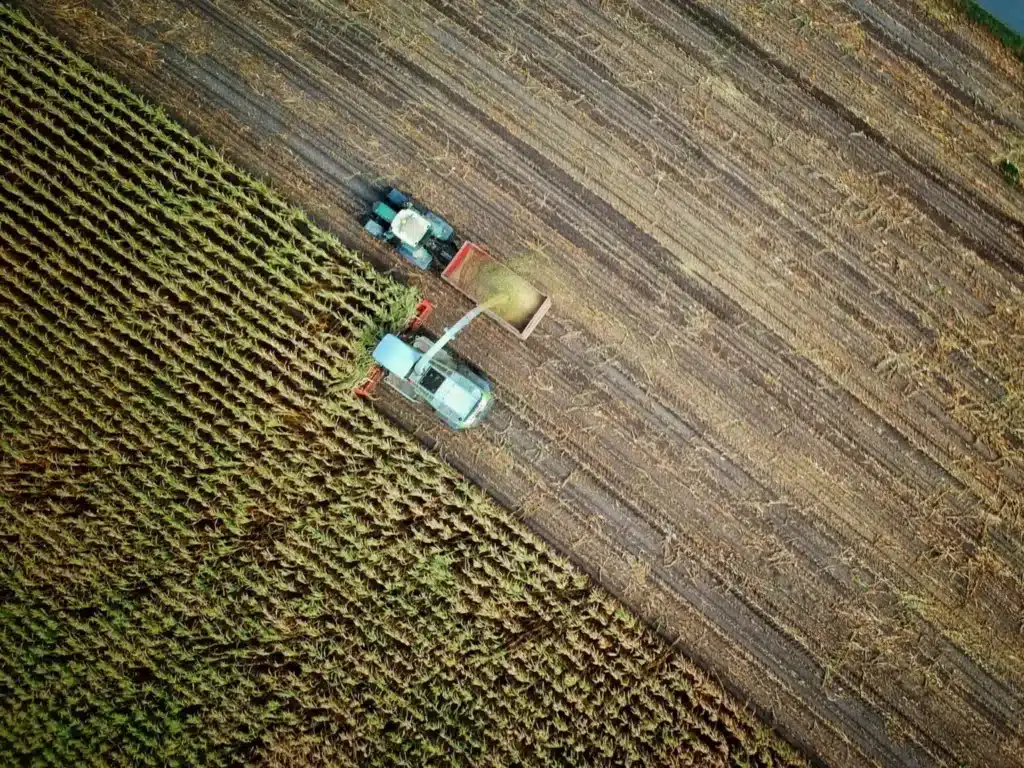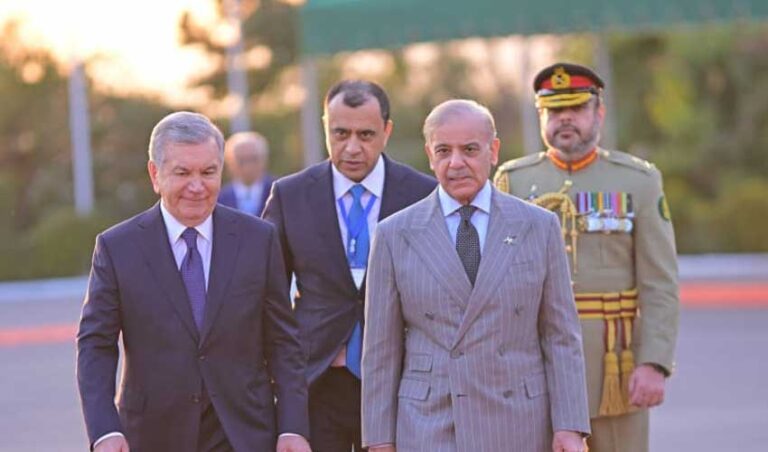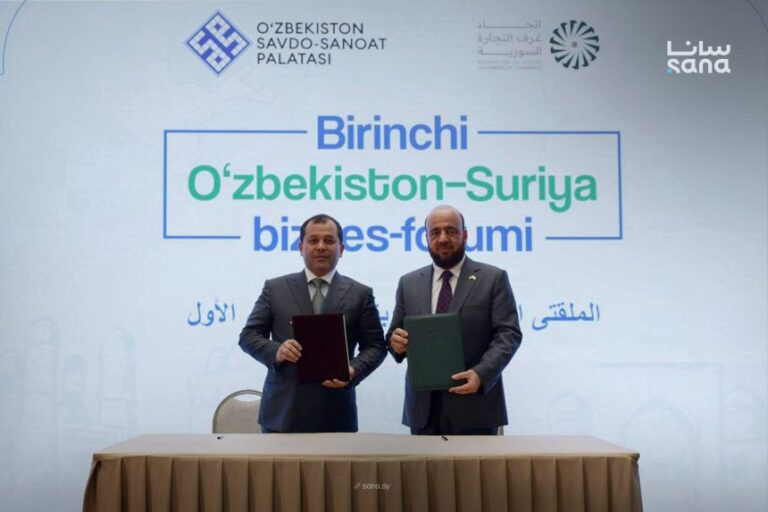
Preparations are under way in Uzbekistan for the country’s first large-scale joint census of population and agriculture, EastFruit reports. As part of this initiative, Rasmiya Aliyeva, a statistician from the Regional Office of the UN Food and Agriculture Organisation (FAO) for Europe and Central Asia, visited the country to provide technical support during the planning and coordination phase.
The census will cover all regions and administrative units of Uzbekistan, aiming to collect reliable and comprehensive data on both demographic trends and key aspects of the agricultural sector. Modern statistical approaches will be used to create a unified and comparable data system to support evidence-based decision-making in social, economic and agricultural policy.
Aligning with Global Standards and Improving Data Quality
In recent years, improving the quality and transparency of official statistics has become a major focus in Uzbekistan. With active FAO support, the Agency for Statistics under the President of Uzbekistan is working to integrate agricultural data collection into the broader framework of the upcoming population census.
Aliyeva’s mission aimed to identify gaps, refine methodology and align procedures with international standards. Meetings and consultations were held with representatives from the National Statistics Committee, the Ministry of Agriculture, the International Centre for Strategic Development and Research in Food and Agriculture (ISCAD), and other relevant institutions.
Discussions centred on organising the census in line with FAO’s World Programme for the Census of Agriculture (WCA 2020), and on boosting the effectiveness of census activities.
Talks were also held with the EU’s ASK Facility to align approaches on farmer surveys and monitor progress on the UN Sustainable Development Goals and food security indicators.
At a final meeting involving FAO, the Statistics Agency, the Ministry of Agriculture and ISCAD, the parties agreed to continue cooperation. FAO confirmed it will provide technical assistance throughout all stages of the census to ensure high data quality and compliance with global standards.
A Unified Statistical Effort for Local and National Planning
According to FAO representatives, combining the population and agricultural census into one integrated statistical process will give a complete picture of Uzbekistan’s demographic, social and agricultural landscape — down to the level of individual neighbourhoods (mahallas). The resulting data will form the foundation for targeted development planning, improved investment climate and stronger positioning in international rankings.
FAO also noted that agricultural censuses are typically conducted at least once every 10 years globally, and in some countries every 4–5 years. With this joint census, Uzbekistan is taking a major step toward building a sustainable, modern system for data collection in support of long-term development and food security.
Kursiv also reports that on July 4 in Rome, Uzbekistan was unanimously elected to the Council of the Food and Agriculture Organization of the United Nations (FAO) for the 2028–2029 term.













